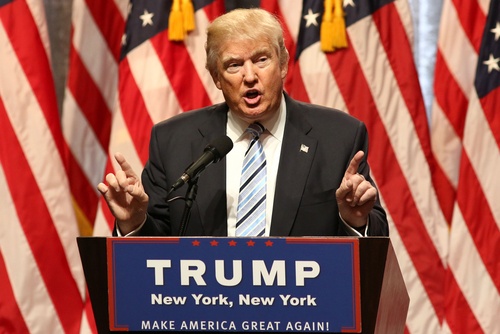Key Takeaways:
– Cases of individuals charged due to the Jan. 6, 2021, Capitol building protest are temporarily halted by two District Judges in Washington, D.C.
– The delay is motivated by President-elect Donald Trump’s suggestion of considering pardons for the defendants.
– Despite objections from the federal Department of Justice, there is speculation about the potential impact of Trump’s incoming administration on the cases.
– More than 500 people from the protest event have served prison terms, while others are still in jail awaiting their case outcomes.
Article:
In a recent development on the Capitol attack cases, two U.S. District Judges, Rudolph Contreras and Carl Nichols, have decided to put a hold on the trials associated with the events of January 6, 2021. This orchestrated pause on the legal proceedings could change the fate of hundreds of protestors. The decision comes amidst vague promises of potential pardons from the soon-to-be President, Donald Trump.
Potential Pardons Loom
The January 6 incident saw a wave of protests against suspected anomalies in the election results. Thousands stormed the Capitol building, even though authorities declared it was off-limits. Their actions led to convictions for trespassing and other offenses; approximately 600 people have already served prison sentences. Not all convicts are out though – many are still behind bars, their cases pending for resolution.
Trump has voiced his opinion that most of these individuals do not deserve their sentences. He did, however, single out those involved in vandalism, stating that they need to be penalized. The possible clemency declaration by the president-elect could be a game-changer, rendering the trials unnecessary. Judges Contreras and Nichols have acknowledged this potential scenario, suspending the ongoing proceedings.
Disagreement in the DOJ
The Department of Justice, in opposition to the judges’ decisions, insists to continue with the prosecutions, aiming to convict as many of the Capitol protesters as possible. This scenario reflects what some see as the DOJ’s attempts, under the influence of the Democrats, to penalize Trump supporters. Critics claim that the Department’s actions indicate an increased politicization of legal procedures.
In one particular case, Judge Contreras has agreed to suspect the trial of William Pope, who was due in court next month on misdemeanor charges. Similarly, Judge Nichols declined to set a trial date for three other protestors, instead scheduling it for April. These decisions will allow the DOJ time to configure their strategies on these cases under the new Trump administration.
Aftermath of the Supreme Court Ruling
The tactics of the prosecutors haven’t been unchallenged. In a major twist, the Supreme Court condemned the incorrect utilization of certain charges against the Jan. 6 defendants. This prompted alterations in many trials, leading judges to reassess the proceedings. But Trump’s potential clemency for the defendants remains debatable, with its possible impact labeled as speculative.
Some judges argue that the president’s possible pardon shouldn’t influence the court’s obligations. Around 944 individuals have been sentenced so far, with 560 serving time in prison. Despite a reversal of the ‘obstruction’ statute by the Supreme Court, most judges are standing their ground, voicing threats to impose more severe sentences on defendants.
As the Trump inauguration closes in, the future for these Jan. 6 protestors hangs in the balance, hinged on the incoming President’s possible decision about their pardoning. This situation is unprecedented, marking a critical point in the U.S.’s judicial history, with implications for not just the political climate but also the rule of law, and the American public’s faith in it. Time will tell the fate and outcome of these paused judicial proceedings.
